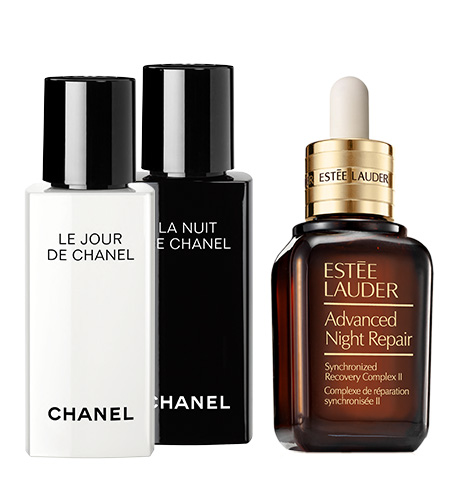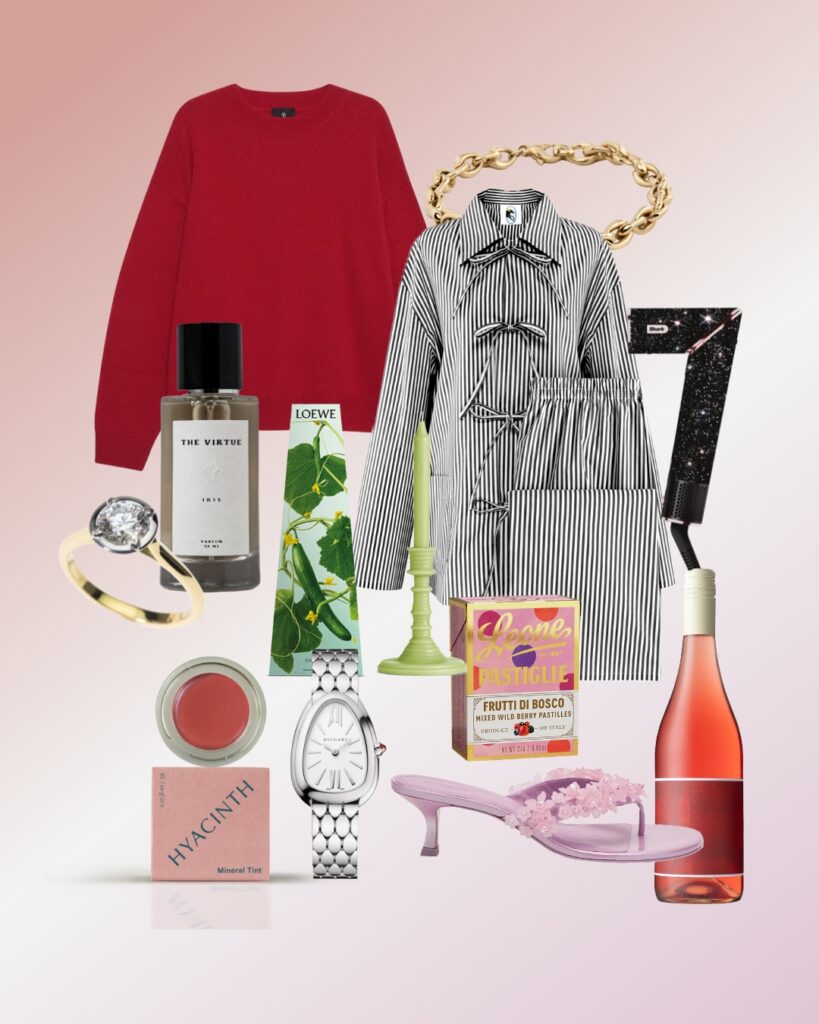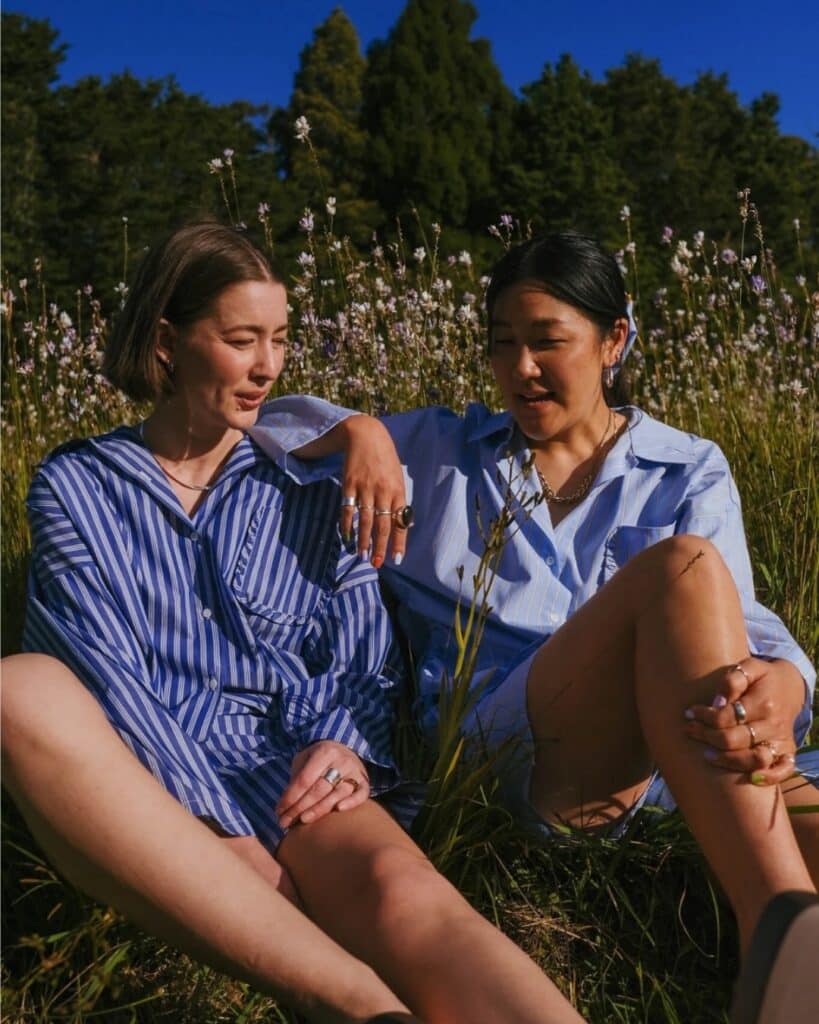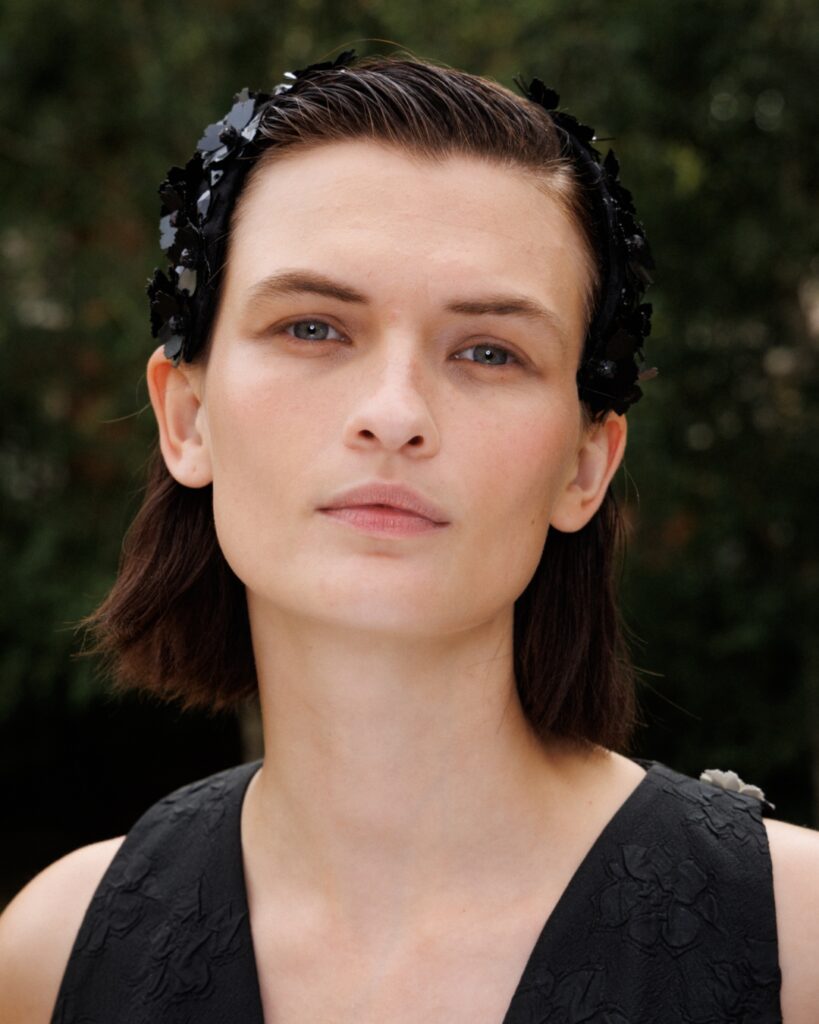 Invest in your beauty sleep
Invest in your beauty sleep
Brown spots, wrinkles and dullness are three of the most common skin concerns. According to Mark Birch-Machin, professor of molecular dermatology at Newcastle University, lack of energy is the cause. “In recent years, we’ve witnesses a revolution in the study of skin cell fatigue. Fuelled by the development of technology, we can measure skin-cell energy in living skin,” Birch-Machin says. This science helps explain how skin responds to stress, sun, pollution and diet.
Closer to home, Australian Dr John Oblong, principal scientist for Procter & Gamble (makers of the Olay brand), says women are more engaged in the health of their skin than ever before, investing time, energy, and in some cases, significant amounts of money. “We can now measure the effect of specific ingredients and formulations on skin at a cellular level and carefully refine our product formulas to make them even more effective at refuelling and protecting fatigued skin, jumpstarting a new level of vitality,” Oblong says.
Estee Lauder’s research into women’s sleeping habits reveals how a good night’s sleep will improve your looks. Poor sleepers had twice as many signs of ageing (wrinkles, dullness, sagging and redness) than those who had a good night’s kip. It was this research that led to a revamp of their best-selling serum, Advanced Night Repair Synchronized Recovery Complex II, $189, to include algae and yeast extracts for boosting collagen and elastin during sleep. Chanel has also been focused on sleep, discovering how a restless night can alter the skin’s PH balance, resulting in dullness, dryness and breakouts. They concluded skin has ‘social jetlag’. Their answer? Skincare for 24/7; Le Jour and La Nuit, both $149, and Le Weekend, $178.










